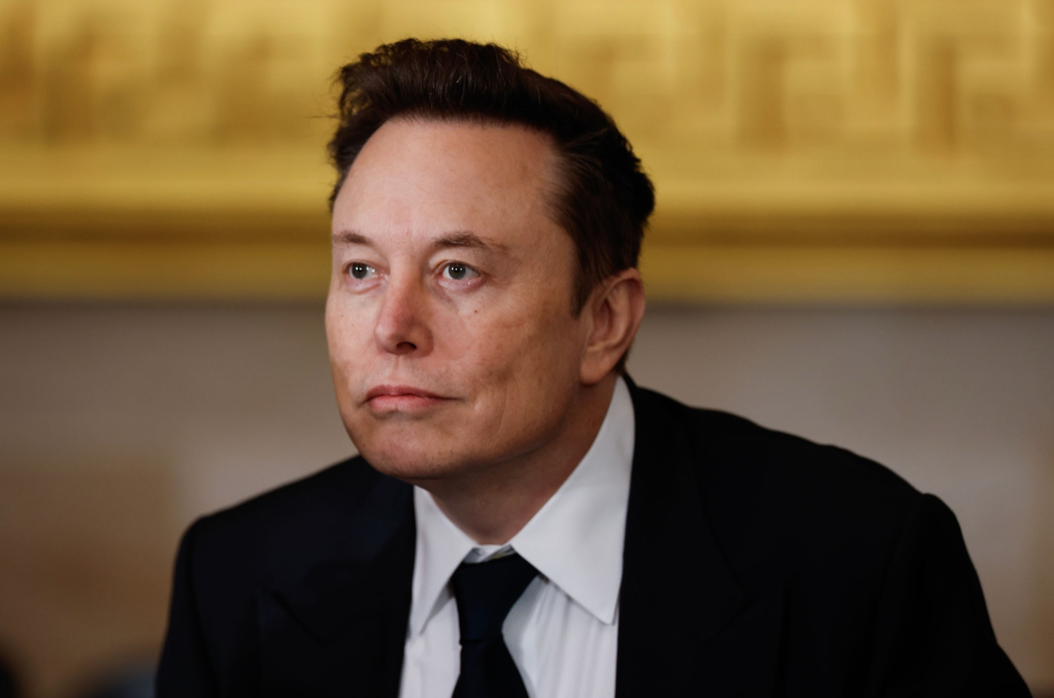Photo: Depositphotos
17 April 2025, according to Bloomberg
Germany, the world’s third largest economy, remains critically dependent on energy imports, accounting for almost 70% of its needs, and for natural gas, this figure reaches 95%. According to the German magazine Der Spiegel, the return of Donald Trump to the White House has made the geopolitical situation even more unpredictable, and Germany is feeling disappointed not only with Russia but also with the United States. Despite efforts to strengthen its defence, Berlin has no comparable plans to reduce its energy vulnerability, leaving it exposed on the international stage.
Germany’s energy strategy, launched in 2002 by the Gerhard Schröder government with the phase-out of nuclear power, has led to increased dependence on imported gas and coal. Angela Merkel accelerated the nuclear phase-out, and Olaf Scholz completed it in 2023, despite the energy crisis and public protests. As a result, more than 20% of Germany’s electricity is still generated from coal – twice the EU average.
Until 2022, Germany imported 55% of its gas from Russia. After Moscow stopped supplying gas, the country switched to Norwegian gas (almost 50% of imports) and US LNG (91% of LNG imports). However, this has led to higher prices: households pay one-third more for energy than before the war in Ukraine.
Germany’s new government, led by Friedrich Merz of the CDU/CSU, has been given the chance to develop a new energy strategy with a €500bn investment package. However, the coalition agreement does not offer any innovations: gas remains a “bridge technology” to a full transition to renewable sources. Plans for gas purchases remain unclear, and the door to return to Russian gas is open, raising concerns about the risk of new dependence.
Renewables, despite subsidies, do not provide stability. Last year’s Dunkelflaute periods (windless and cloudy weather) caused electricity prices to spike and tensions with neighbouring countries over shortages. Network stability is also deteriorating, with companies complaining of frequent outages.
Experts suggest a return to nuclear power, which could replace coal and ensure a stable supply. Reactivation of old reactors will take up to 5 years and construction of new ones up to 15 years, but this is justified by the growing demand for electricity due to the electrification of transport and the development of AI. Companies such as Google are investing in mini-reactors, and France and Poland are actively developing the nuclear sector.
Merz’s CDU/CSU recognises the potential of nuclear power, but its coalition partner, the anti-nuclear SPD, blocks these initiatives. Despite the fact that polls show a majority of Germans support nuclear power, political constraints force the government to stick with the old model. As historian Katja Hoyer notes, repeating the same actions and expecting a different result is “the definition of insanity”. Germany needs radical change to break its energy dependence, and the voters who voted for change expect politicians to finally listen.
Source: Bloomberg

















